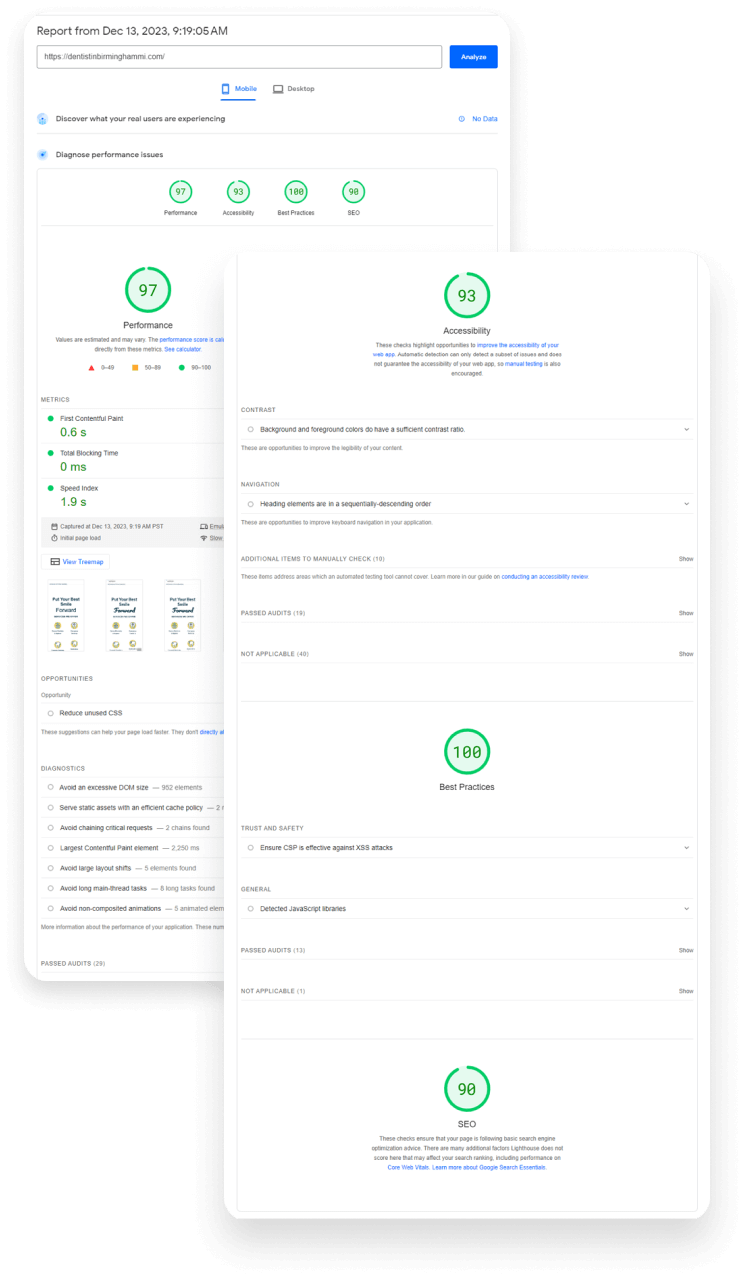How The Speed of Your Website Affects User Experience
In the online world, speed is paramount as it not only determines the effectiveness of your website but also shapes the user experience. Because let’s face it, none of us want to wait forever for a page to load. A slow website can cause users to abandon their cart or seek information elsewhere, leading to a decrease in conversions and revenue. That’s why focusing on website speed is essential for a successful online presence.
Web page loading speed also holds power over your website’s visibility. Search engines, like Google, prioritize websites that load faster, enhancing their search results presence. When your website is slow and doesn’t use SEO (search engine optimization) best practices, you’ll likely be penalized by search engines.
Site Speed and Search Engine Rankings
Most internet users rarely venture beyond the first page of search results, or scroll through more than a few links. So, if your website doesn’t load fast enough, it may not rank high on search engine result pages (SERPs), leading to decreased visibility and lost opportunities.
You may be wondering how search engines evaluate site speed. Well, Google, for instance, uses a set of metrics called Core Web Vitals to gauge website performance. These metrics, including Largest Contentful Paint (LCP), First Input Delay (FID), and Cumulative Layout Shift (CLS), provide valuable insights into a website’s performance and user experience. A faster page load speed can result in improved visibility in search results, attracting more traffic and potentially leading to higher conversions.
If you’re not sure what any of this means, don’t worry, we’ve got you covered. Contact Now Media Group today for yourfree website evaluation and to get started on your journey to ranking higher!
The World of Mobile-First Optimization
It’s no longer just the desktop that we have to optimize websites for. Mobile users expect fast-loading websites, too. However, it takes an average of 6 to 10 seconds for websites to load on mobile, which can deter many users. A slow page speed can lead to frustrated users, increased bounce rates, and lost revenue. So, if you want to keep your mobile users engaged and satisfied, make sure your website loads swiftly on their devices.






